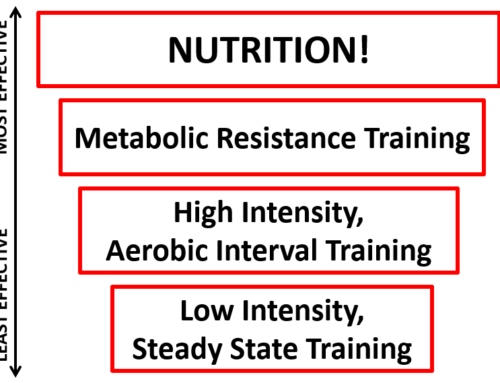
By Geoff Borro MS, RD, CSSD and Haley Golich MS, RD
Last Updated: 4/23/23
Peruse any current health magazine and you will probably come across the term “superfoods.” There is not a standard criterion or approved list of superfoods, but we define them as foods that provide added health benefits when included in a well-rounded diet. But what health benefits make superfoods so noteworthy?
Superfoods have high concentrations of essential nutrients and antioxidants that are proven to reduce the risk of disease and improve overall health and longevity. Their benefits include preventing or reducing joint inflammation, improving bone and joint health, lowering cholesterol and blood pressure, and reducing the risk of heart disease and certain cancers
Reduce inflammation
There is promising research that shows regular consumption of foods such as tart cherry juice, fatty fish, and berries can suppress inflammation.
To reduce inflammation, regularly consume:
- Fresh, frozen, or dried berries and cherries
- A variety of leafy greens such as kale, brussels sprouts, and spinach
- Fatty fish such as salmon, mackerel, or tuna
- Heart healthy fats such as avocados, nuts, and olive oil
Build strong bones
Superfoods that improve bone health can also reduce the risk for arthritis, joint problems, and inflammation.
To build and maintain strong bones, regularly consume:
- Low fat dairy products such as milk, cheese, and yogurt
- Dark leafy green vegetables, especially spinach, brussels sprouts, and broccoli
- Colorful fruits such as strawberries, kiwi, and cantaloupe
- Beans and lentils
- Nuts and seeds, especially almonds
Lower risk of heart disease
A study performed by the American Heart Association found that women who regularly consumed blueberries and strawberries had a lower risk of heart attack. Additionally, foods such as fatty fish, avocados, lentils, sweet potatoes, spinach, carrots, broccoli, milk, yogurt, and almonds help to lower cholesterol, lower blood pressure, and reduce the risk for heart disease.
How to eat more superfoods
There are many foods nutritious enough to be considered a superfood. Aim to eat these foods more frequently, rather than eating more in one sitting. Try the following strategies to increase your superfood consumption:
- Incorporate one superfood with each meal (i.e., almonds on your salad, blueberries in your plain yogurt or oatmeal).
- Make your plate as colorful as possible. Brightly colored fruits and vegetables are loaded with essential nutrients and antioxidants.
- Pack superfood snacks for in-between meals or pre/post workout.
- Browse the fresh produce aisle when grocery shopping. That’s where you will find most superfoods.
- Buy prepared fruits and vegetables to make it easy to include them in your diet.
Refer to One on One’s 6 Key Nutrition Strategies for Optimal Health and Fitness for more helpful tips. If you want to feel great inside and out, incorporate more superfoods into your diet…your body will be glad you did!
Looking for help with improving your diet or losing weight? Contact Geoff Borro MS RD CSSD today to get started with our Take Charge! nutrition program.




